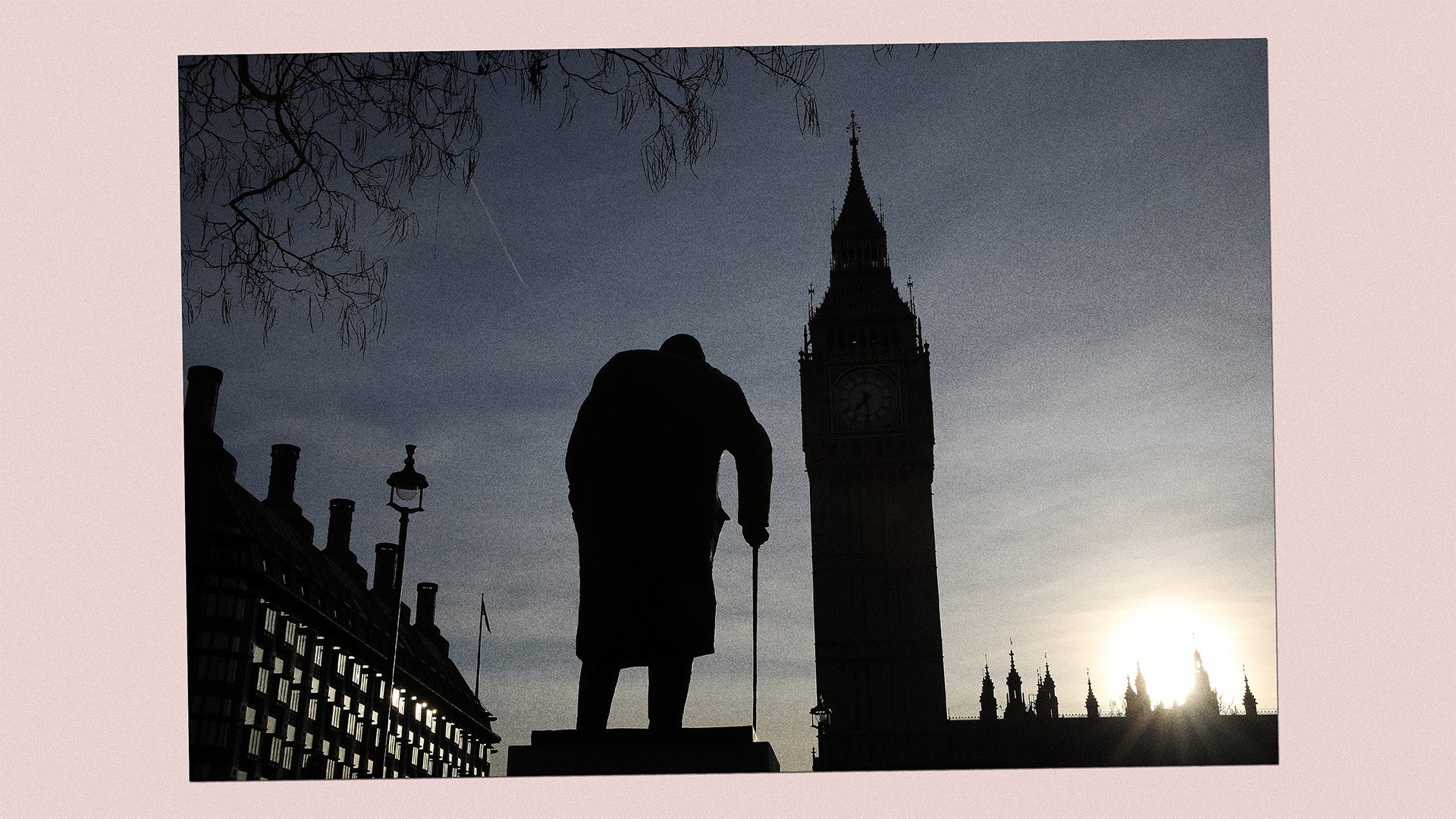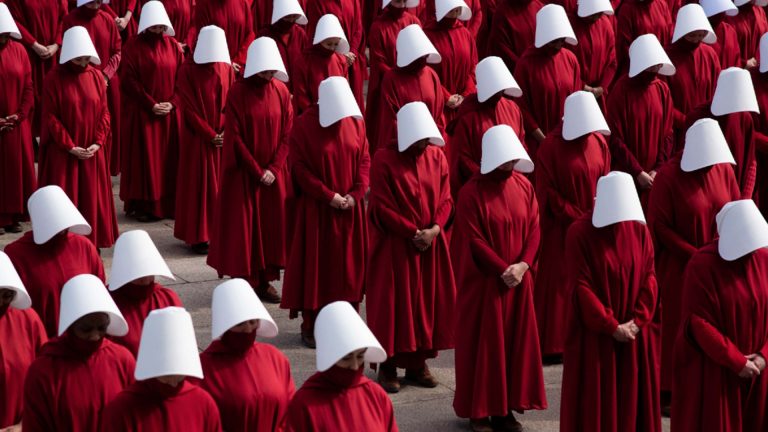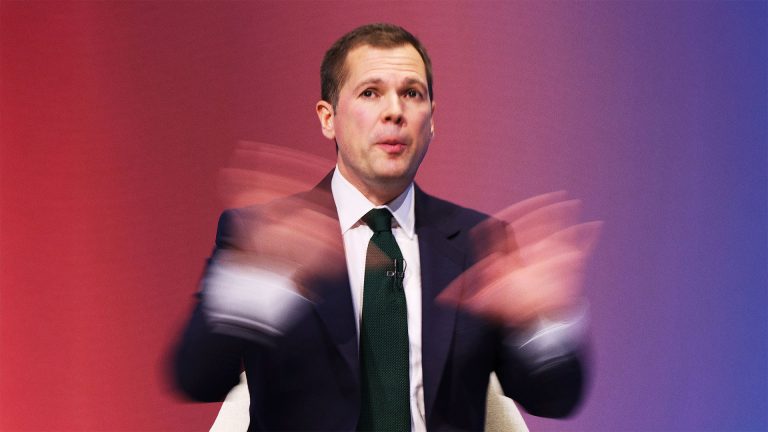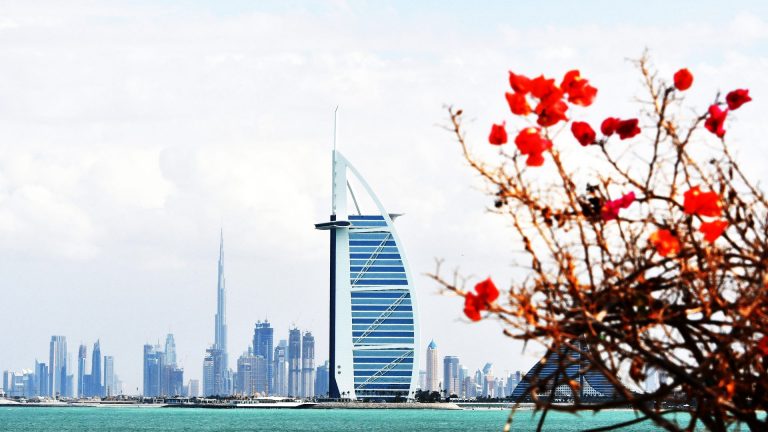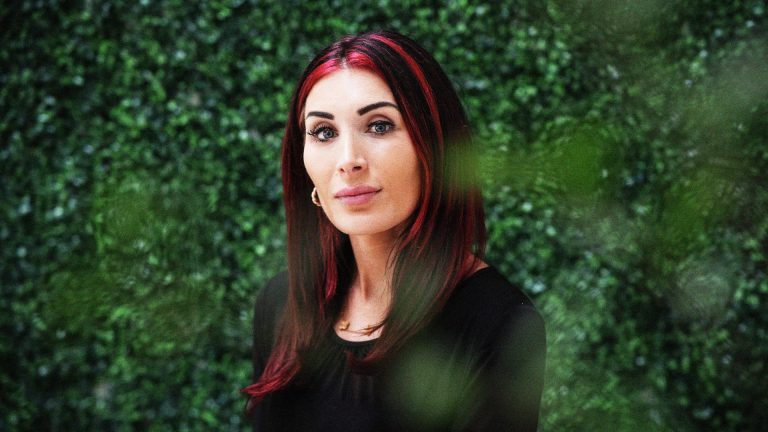It was my birthday, which is traditionally a time of year when I wander around, picking up books I don’t need. But this year the weather was lovely, so I took myself to the recently reopened Birmingham Museum and Gallery.
I walked in, iced coffee in hand, to be told, “Sorry you can’t drink that in here”. My first summer job was at this place when I was an awkward 16-year-old who loved history. Now, I’m an awkward 23-year-old who still loves history, but is perhaps a little more cynical nowadays. I finished my coffee off in the reception area, and went upstairs.
The entry hall contains artwork from local artists, including the satirical collagist Cold War Steve. Next is a display of the city’s manufacturing history. During the 40s, Birmingham became a hub for the arms industry, even as the bombs were falling. Churchill visited the city.
I don’t hate Winston Churchill. It feels odd to have to say so, but it appears that Reform politicians believe that we’re all taught to hate Churchill in school. I don’t recall any of my teachers having enough time for anything, let alone ideological re-education.
Primary school history lessons, especially in the time around VE Day, were full of videos and documentaries emphasising the role of Britain in the second world war and, more importantly, Churchill’s morale-boosting speeches made to the people of Britain during the Blitz. I always thought he sounded a bit funny, and wondered why all the old films were always so grainy.
I learned history, however, not only at school but at home. My mother, a Zimbabwean, grew up in Southern Rhodesia amid war, separatism and the end of colonial rule. She always had a very different view of Churchill. He was no hero; he was an imperialist and racist. He was the man who allowed millions of Bengali people to starve to death under British administration in 1943. The man who deployed troops in Ireland in the 1920s.
That may not be the official VE Day narrative – but it’s the view of millions of people around the world and a few grumpy remarks by right wing MPs isn’t going to change that. The impact of British colonialism has left scars in many parts of the world. Figures like Churchill cannot really be properly understood unless you understand the consequences of their actions.
This view is not just a personal reflection, nor is it “woke” – such an annoying, grating, dismissive term. But perhaps the point is that history becomes odd when we try to assign feelings to it.
Sure, I’ll dream about having dinner with James Baldwin and telling him to lay off the misogyny, or about telling Anne Boleyn to stay in France to save her from Henry VIII. But when we try to assign love or hate to historical events, we’re not really engaging with the past at all, but with the political present.
For me, walking around museums is so much more than a simple visit. It is a time to reflect on the continuous interplay between the present and the past, and the tension that exists in that interplay. Then you begin to see the gap between who Churchill was and who we think he was.
A multifaceted understanding of history allows you to see into that gap, and to ask the question of why it exists. Only then does a society begin to understand itself in the true sense.
I head back out into the sunshine in search of another iced latte. It’s time to go browsing in the bookshops. As I leave, I pass a group of school children, all holding hands in a line, wearing brightly coloured vests as their teacher reminds them not to touch anything.
I wonder what they will learn today. Not to hate – who would ever teach a child that? Instead, I hope they learn to think about the world around them.

